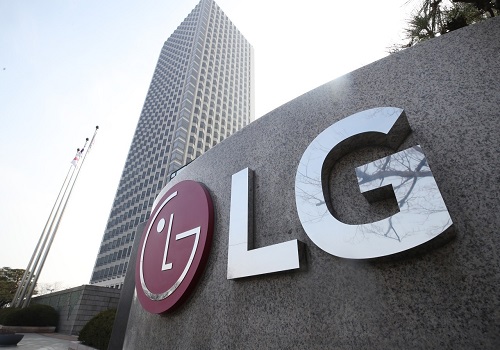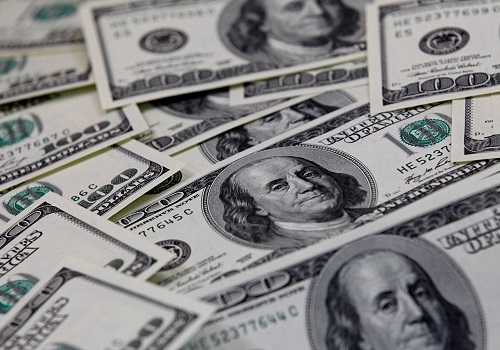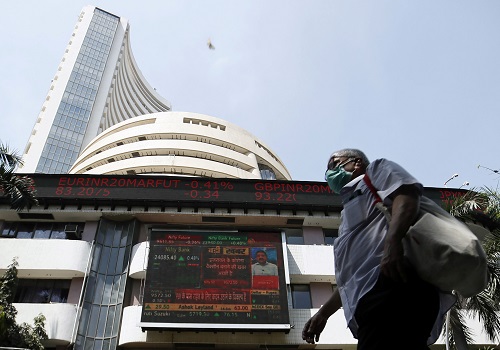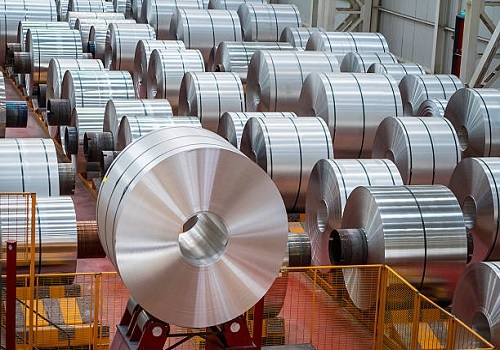FII selling: Time for Indian domestic investors to buy high-quality banking stocks

Follow us Now on Telegram ! Get daily 10 - 12 important updates on Business, Finance and Investment. Join our Telegram Channel
As foreign institutional investors (FIIs) turn sellers in the Indian market, long-term domestic investors may utilise this opportunity to buy high-quality banking stocks, market analysts said on Saturday.
The FIIs sold equities worth Rs 15,243 crore on October 3, while domestic institutional investors (DIIs) bought equities worth Rs 12,914 crore on the same day.
Geopolitical tensions in the Middle East have become a major worry for global equity markets. Headwinds from the Iran- Israel conflict and flow of FII funds to cheaper Asian peers impacted the investor sentiment.
During the three trading days in October, FIIs sold equity worth Rs 30,718 crore in the Indian cash market, according to provisional NSDL data.
As per analysts, the selling has been mainly triggered by the outperformance of Chinese stocks. However, this will not last long once the fears regarding the Middle East conflict subside among the investors.
This week, new milestones of both Nifty50 and Sensex of 26,000 and 85,000 were short-lived as benchmark indices corrected by more than 4 per cent. At Friday closing, Sensex was down 808 points or 0.98 per cent at 81,688 and Nifty was down 235 points or 0.93 per cent at 25,014.
According to Vinod Nair, Head of Research, Geojit Financial Services, the decline was broad-based and sectors like auto, banks, infra, and energy underperformed.
However, the impact on the IT index was minimal due to improved sentiment on revenue and spending after an ease in US Fed monetary policy. The stimulus measures in China provided some ripple effect on metal stocks.
Experts said the spike in oil prices due to the mounting tensions in the Middle East may add input cost inflation and, thereby, impact the earnings visibility of domestic companies.
The paint sector is likely to be impacted as its raw material is largely a derivative of crude oil.
Analysts further said that market is likely to witness a consolidation phase as the expensive valuation and unfavourable macro situation may influence investors to adopt a sell-on-rally strategy.












 320-x-100_uti_gold.jpg" alt="Advertisement">
320-x-100_uti_gold.jpg" alt="Advertisement">











